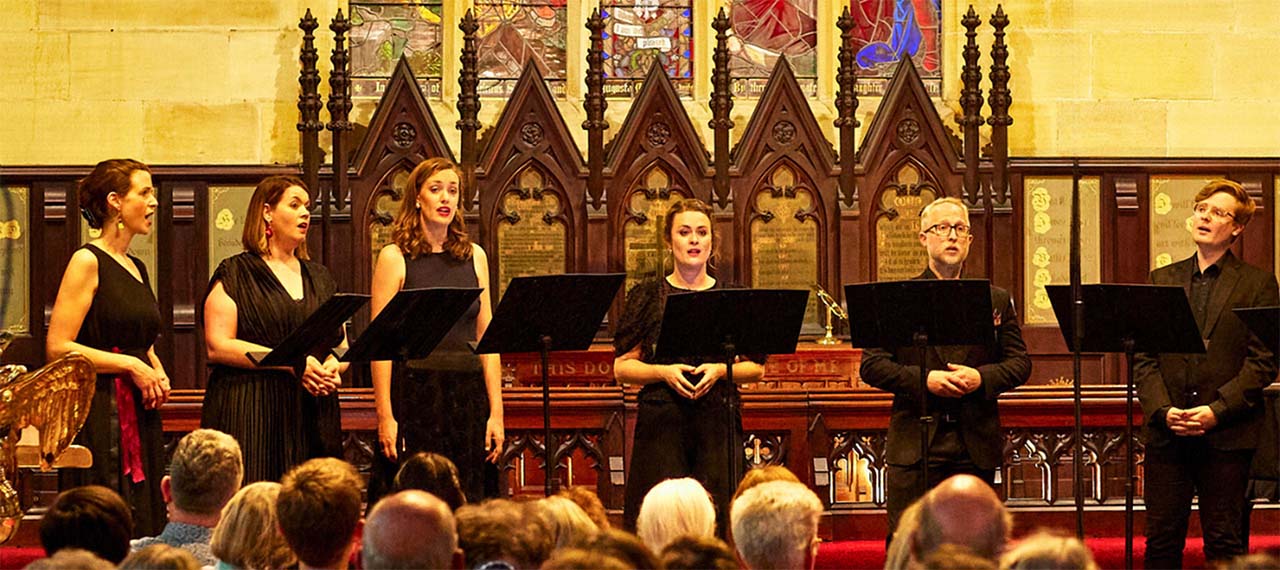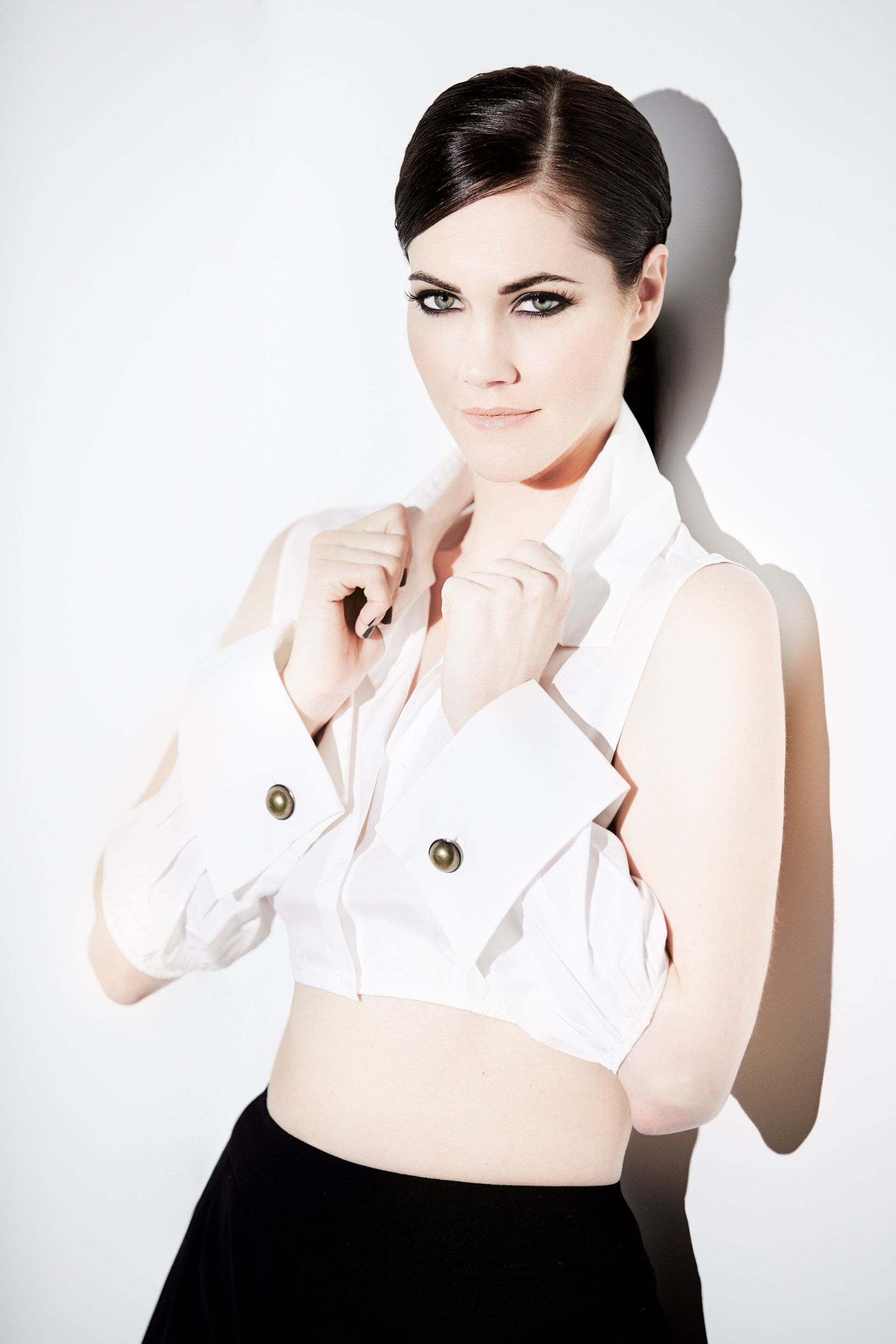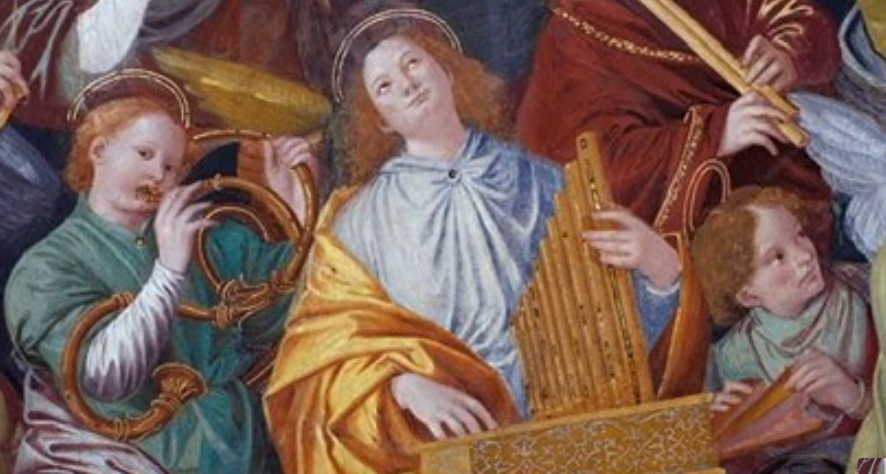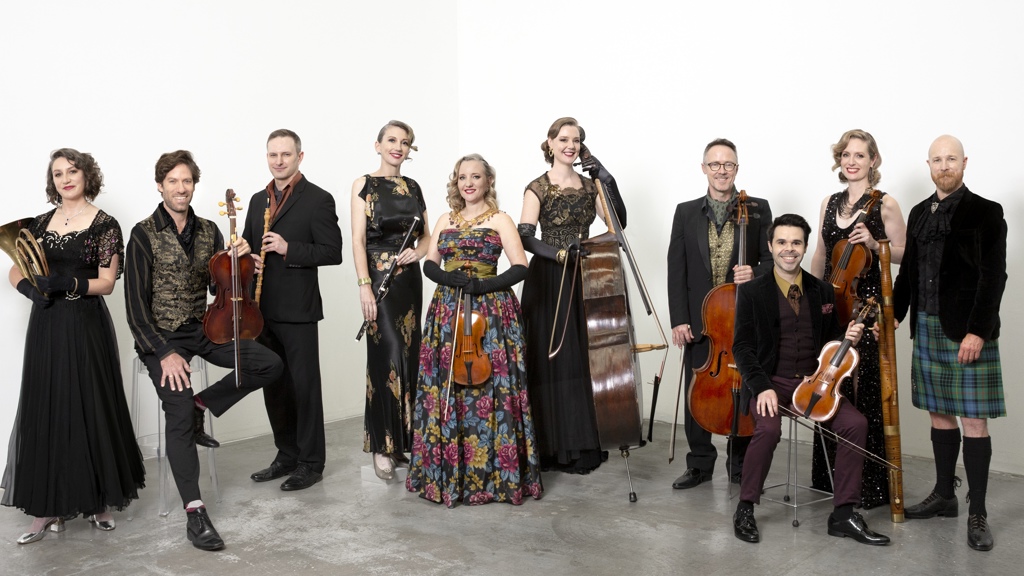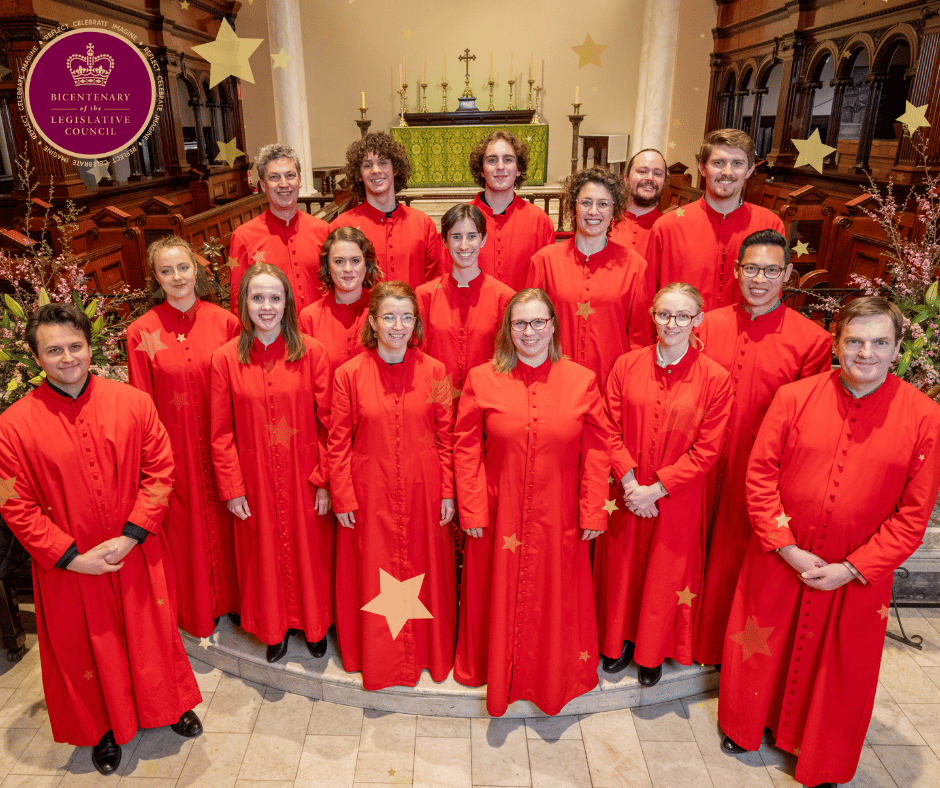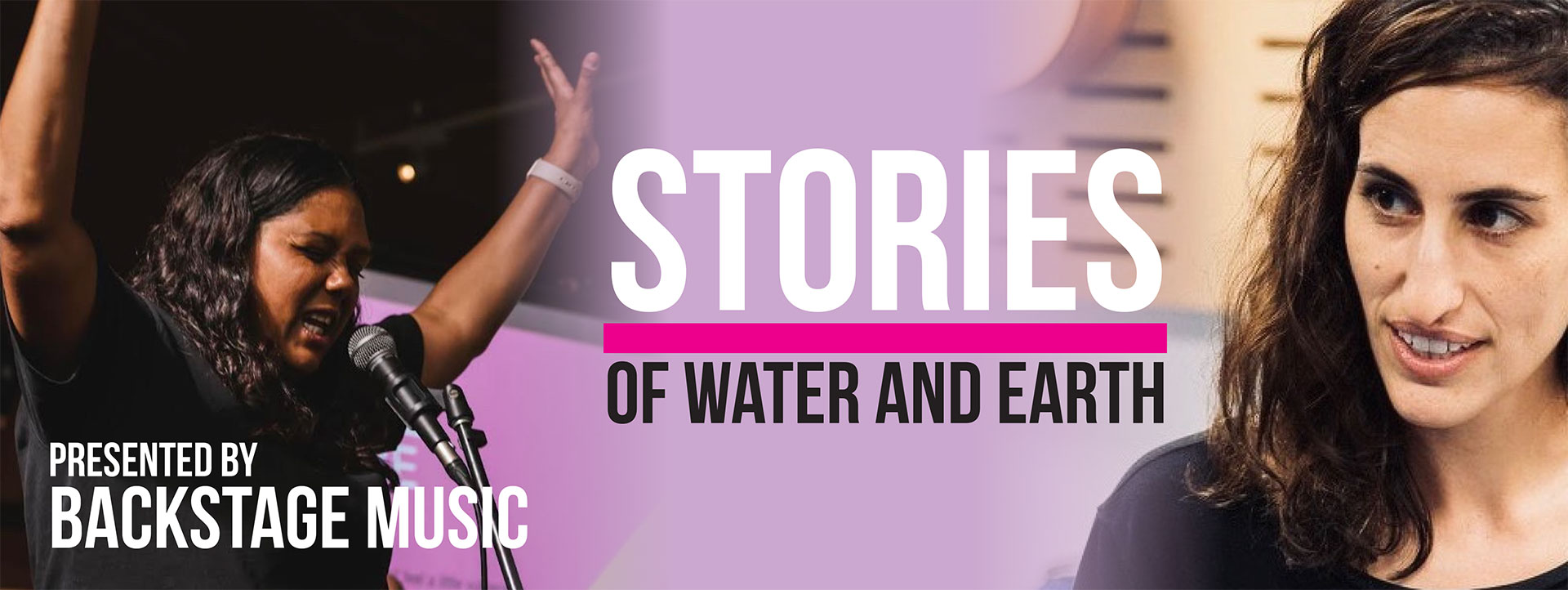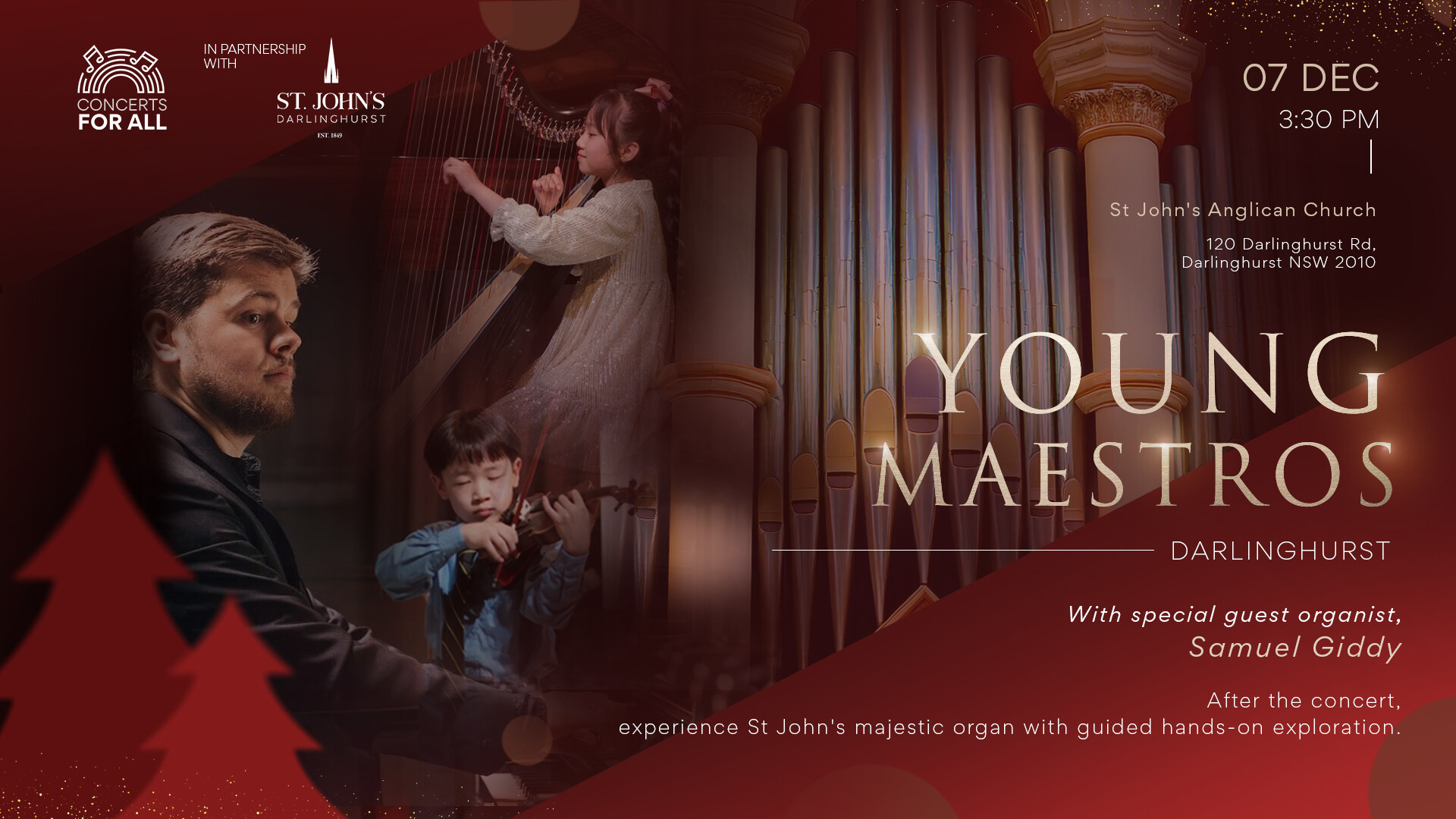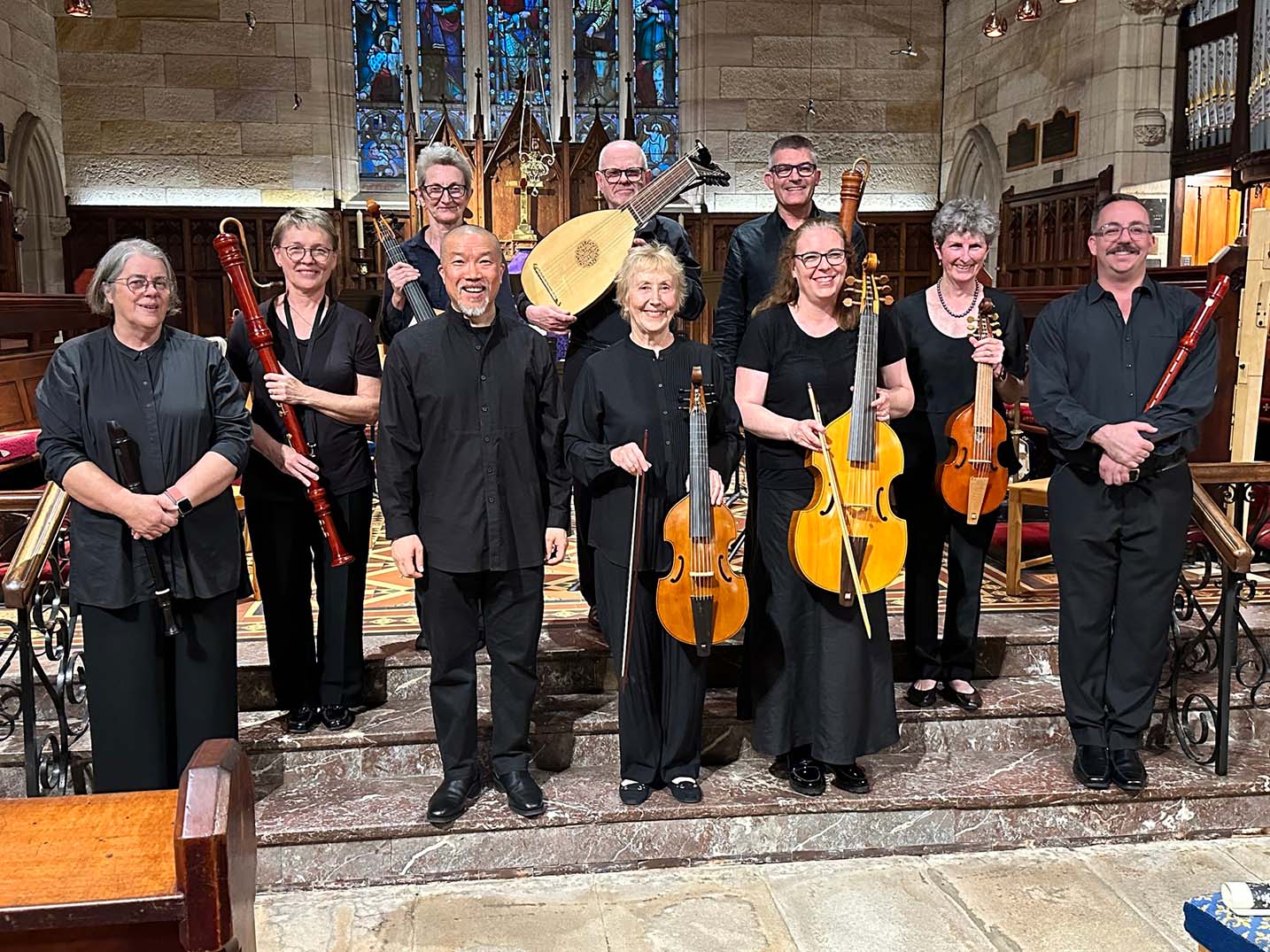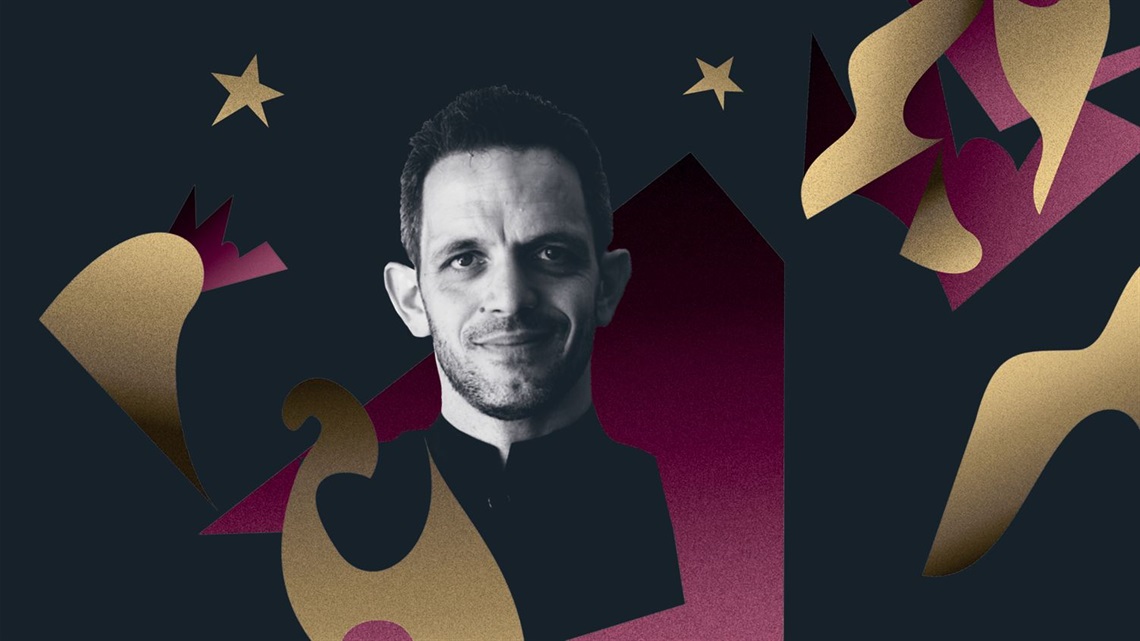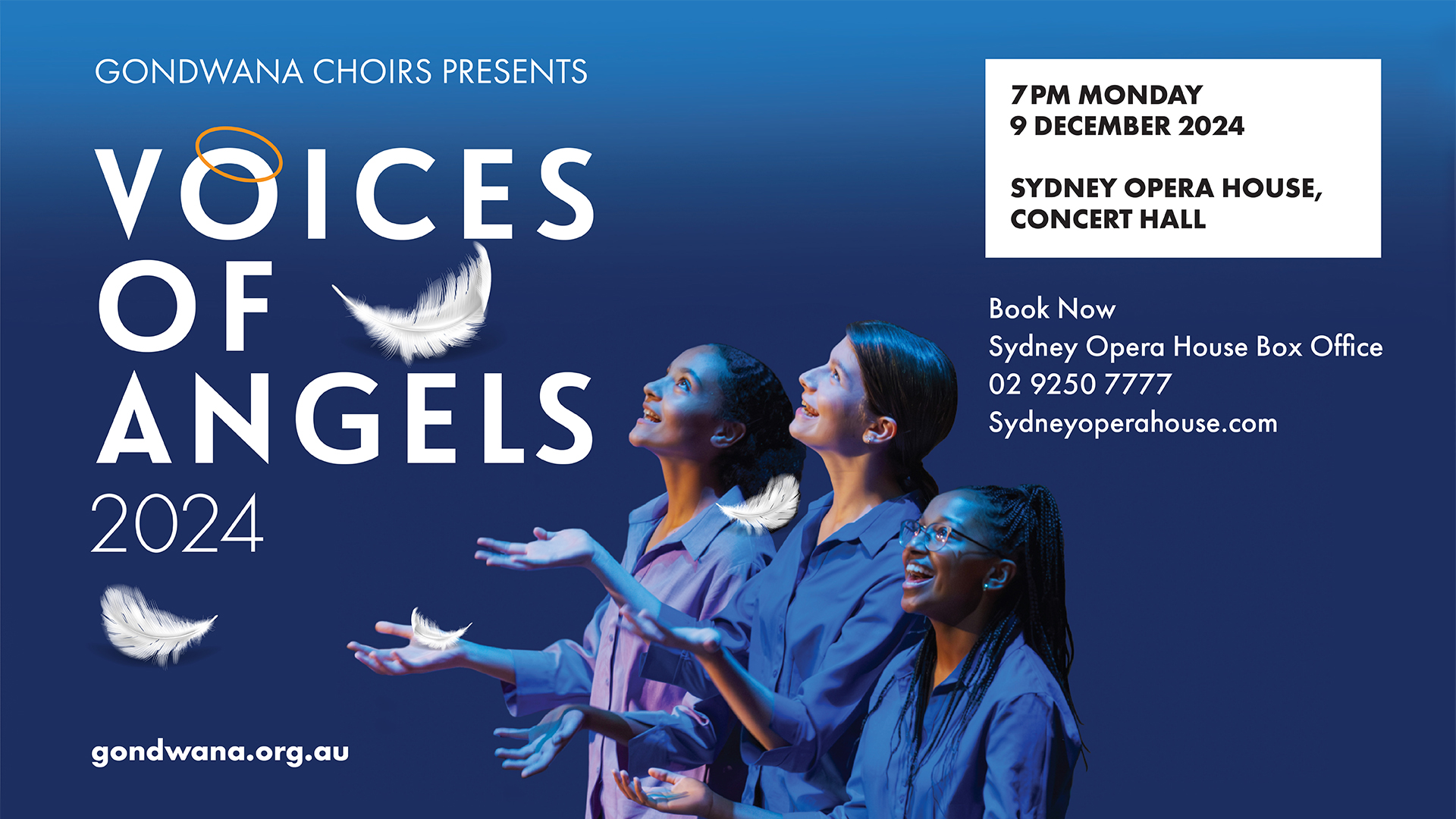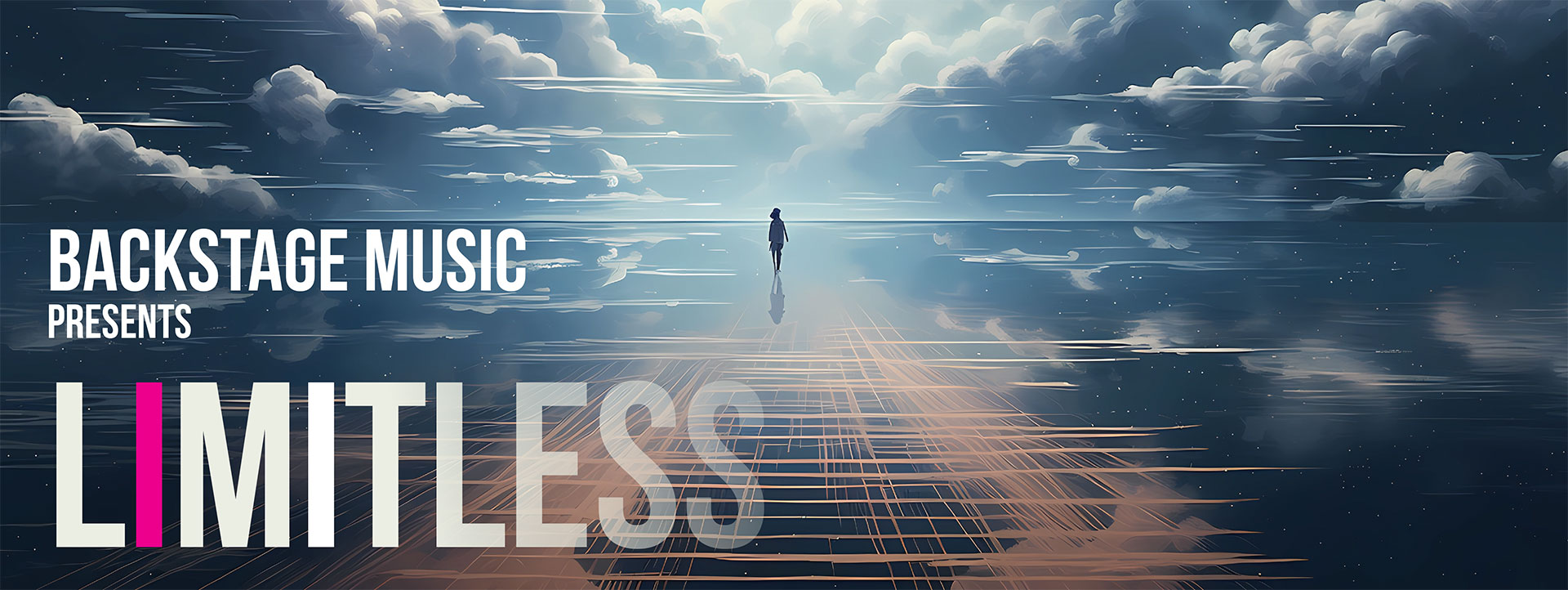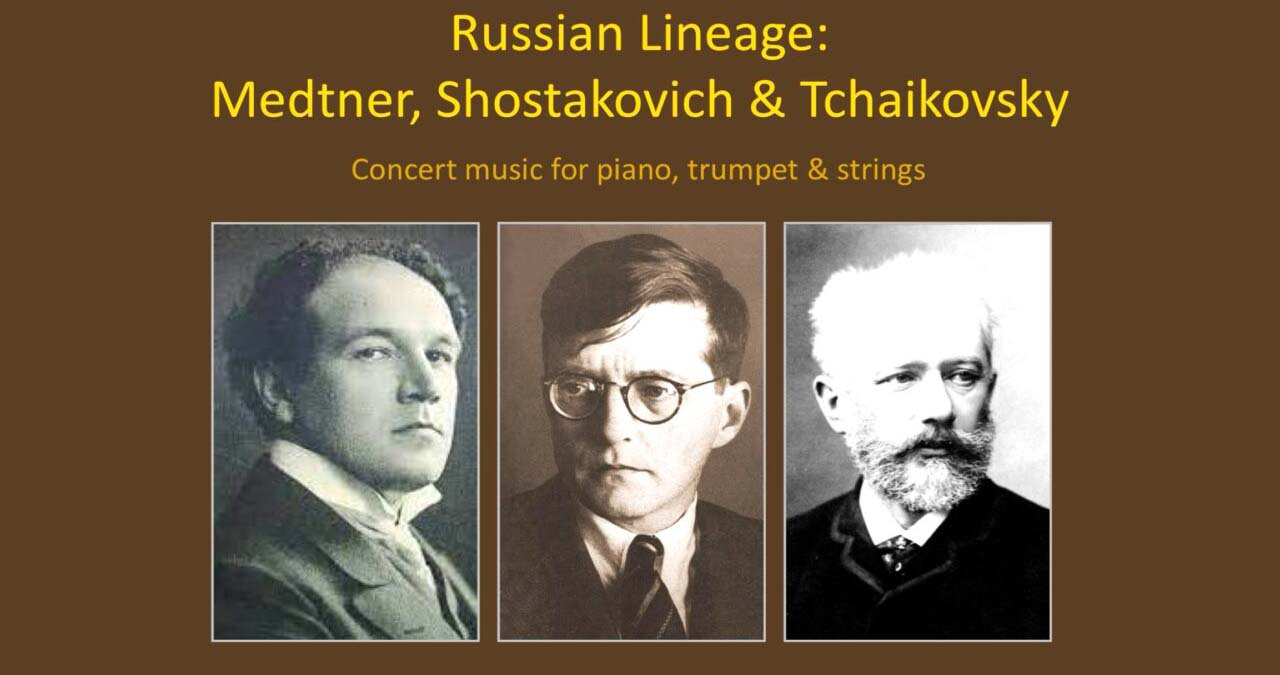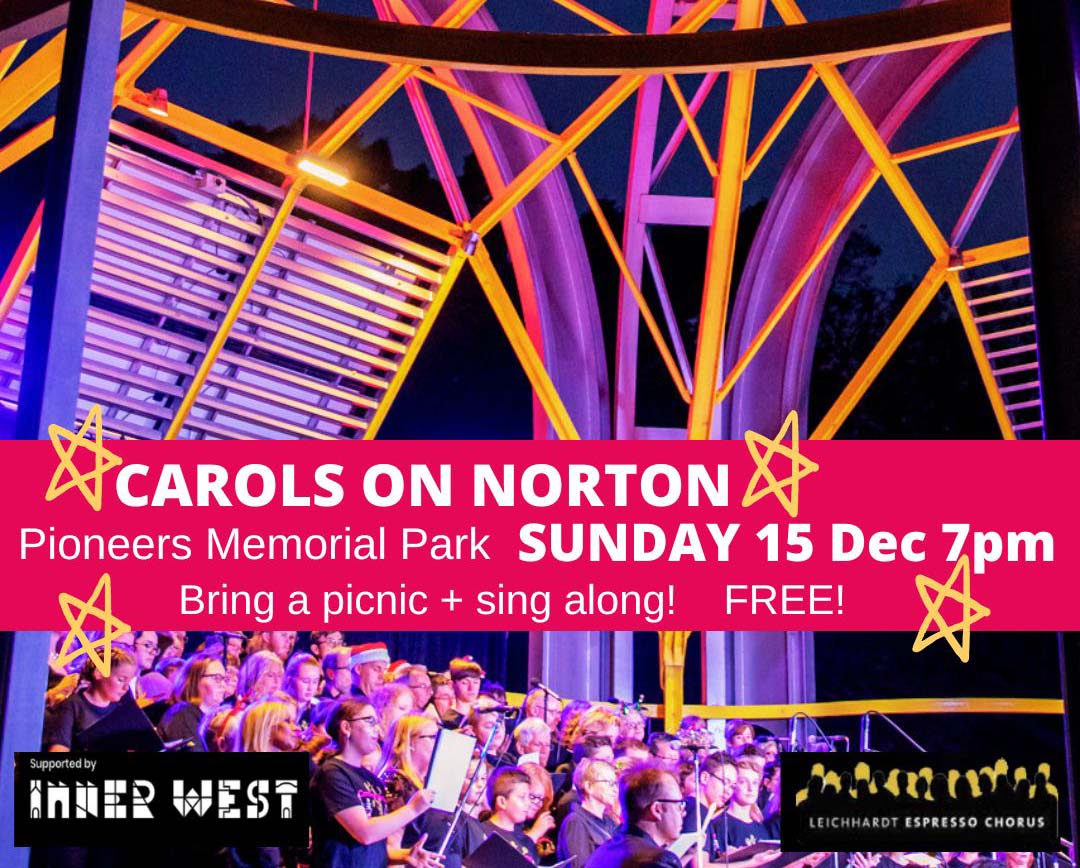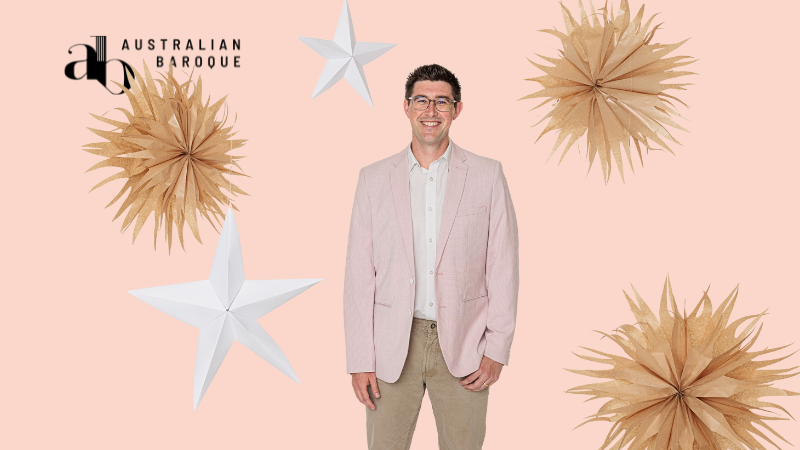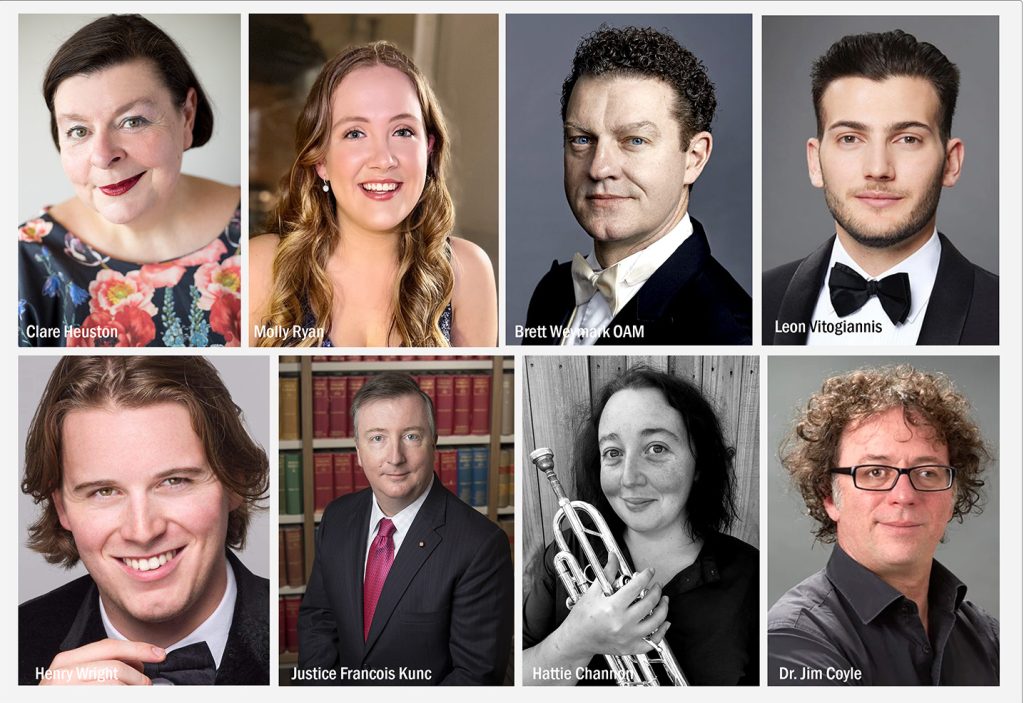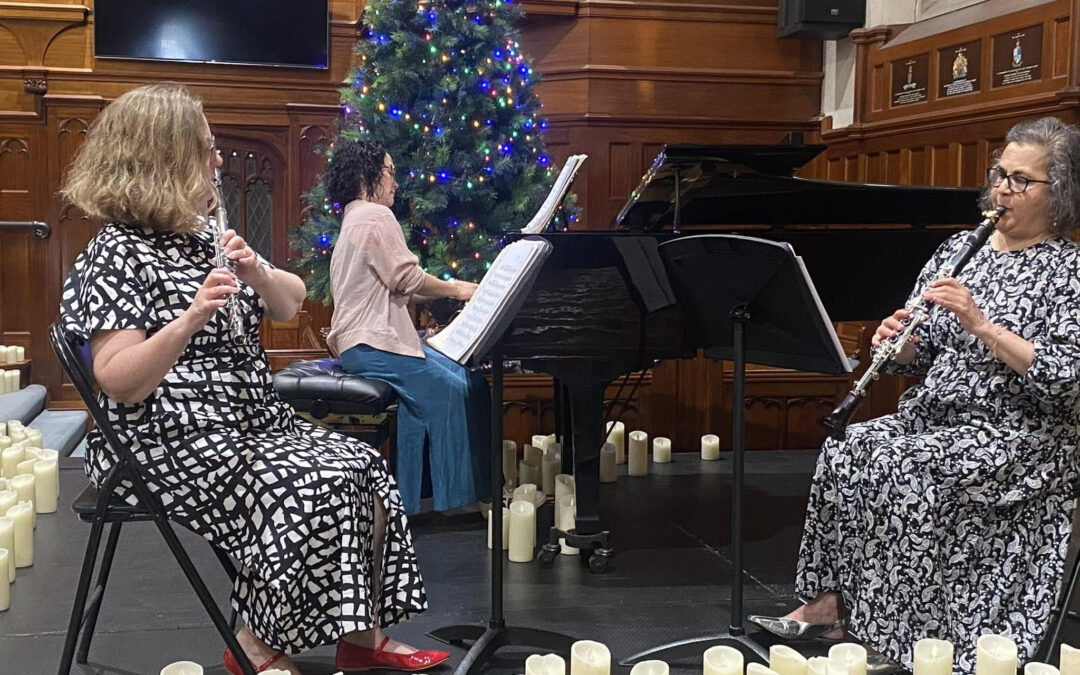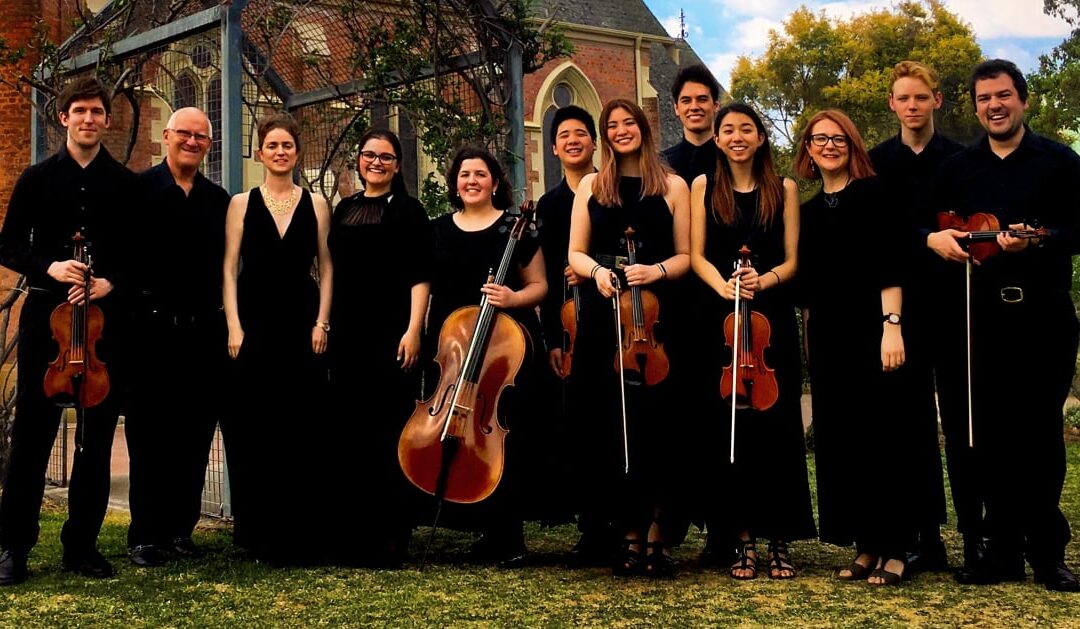Sonya Lifschitz | So Much Myself, Piano Portraits
May 5, 2024, Riverside Theatres, Parrramatta, NSW
On a rainy Sunday afternoon at Riverside Theatres, Parramatta, a captivated audience was transported into other worlds and other times. This was no ordinary concert for solo piano. In collaboration between composer Robert Davidson and pianist Sonya Lifschitz, archival recordings explored a multitude of inspiring women across time and place and were transformed into music. Davidson described this fascinating multi-media form in a video introduction to the concert, whereby archival recordings, films and documents function as “remnants of extraordinary lives” that are “placed, as precious objects, into frames — musical frames provided by Sonya’s piano, which foster hearing the inherent melody and rhythm in the voices.” This is a truly beautiful way to celebrate people; the music was not just dedicated or about these women; instead, their voices became essential elements of the musical fabric. Quite simply, their speech became song.
The concert was divided into five parts, each exploring disparate piano portraits.
Part 1 was centred on the recent past dating back to the late 19th century, exploring portraits of inspiring women artists, scientists and public figures. This first part really felt like Lifschitz and Davidson were showing the audience what this concert was going to be like, and teaching us how to listen. At first, during an interview with American singer and poet Patti Smith, my brain struggled to process the different media forms, which I felt subconsciously should be competing. However Davidson’s decision to begin with repetition created a sense of ritual, like in prayer, so that the natural rhythms of Patti Smith’s voice transformed into the parts of a musical phrase. Over time, my listening style adapted. Further, every portrait differed musically in its aesthetic, which helped situate us in the cultural landscape of the woman depicted, from Mexican painter Frida Kahlo to opera singer Nellie Melba. One poignant scene played the recording of Melba singing ‘Voi che sapete’, an aria from Mozart’s Marriage of Figaro under which Lifschitz played the piano line. These kind of musical quotations were very successful. One such quote provoked humour in Nina Simone’s portrait when she accused her interviewer of looking just like Bach! Guess what Lifschitz played then!
Part 2 drew us further into the past into the 18th century, reflecting on the lives of Maria Anna Mozart and Clara Schumann. The opening of this section showcased Lifschitz’ meditative speaking voice, as she introduced us to these women so contained in their musical opportunities by the limits of their time. The musical material here was apt, with some clever musical references to Brahms as Ethel Smyth disparaged the composer for his views of women. What I found surprising about this section was how the rhythmic aspect of the spoken voice was so successfully realised (at first in the left hand, later in the right) despite constant arpeggiaic motion in the other hand that retained a sense of that early romantic piano writing.
Part 3 was the most poignant and personal portrait, depicting an interview that Lifschitz made just recently with her own grandmother Manya and great-aunt Asya. Lifschitz dedicated this concert to Manya, who had just recently passed away. This further intensified the emotions associated with this part of the program, as we were treated to the high spirits of these two woman who had survived so much, from war destroying a dream of playing piano to the evacuation of Kyiv. And of course, the highlight of the concert, were the ladies reminiscing over a pretend band they’d form as children during the war, and their hilarious singing of the instrumental parts. What made this so effective was Davidson’s addition of a full instrumental accompaniment to the video footage, combined with the piano already present. Everyone was laughing here!
In Part 4, we were transported a thousand years ago to the first European poet, a woman writer named Hrotsvit and her 10th century comedy Dulcitius. Lifschitz narrated a diverting dialogue that definitely made me cackle, somehow managing to capture the sense of multiple characters speaking to one another, whilst simultaneously playing piano! And then suddenly, we were back in 2012, as Julia Gillard deftly defended herself in parliament.“I will not be lectured about sexism and misogyny by this man,” and “not now, not ever” became important musical motifs, the rhythm of which in the piano continued throughout her speech.
Finally, in Part 5 everything was drawn towards the present and emerging future, with human-caused environmental devastation looming in the forefront. The closing of this section was immensely powerful, as Greta Thunberg’s speech at the U.N Climate Action Summit in 2019 continues to land half a decade later. “For more than 30 years, the science has been crystal clear” became the lynchpin here, the statement so forceful when joined with Lifschitz’s voice and increasingly virtuosic piano playing. There was a sense of culmination, as Thunberg’s thunderous “How dare you!” spoke to the centuries of women and girls begging and demanding society to play catch up, and then exceeding every limitation despite the odds. Thunberg’s words honestly felt like a chorus at the end of a popular song, with a special reverberance achieved by their repetition. Even traveling home that night, they were still roaring in the mind, just like a song should do. This effect is indicative of Davidson’s success in turning speech into song. Overall, this eighty minute program was a testament to Lifschitz’s stamina and her fantastic ability to weave between genres to deliver spell-binding musical narratives, and I was honoured to attend.

